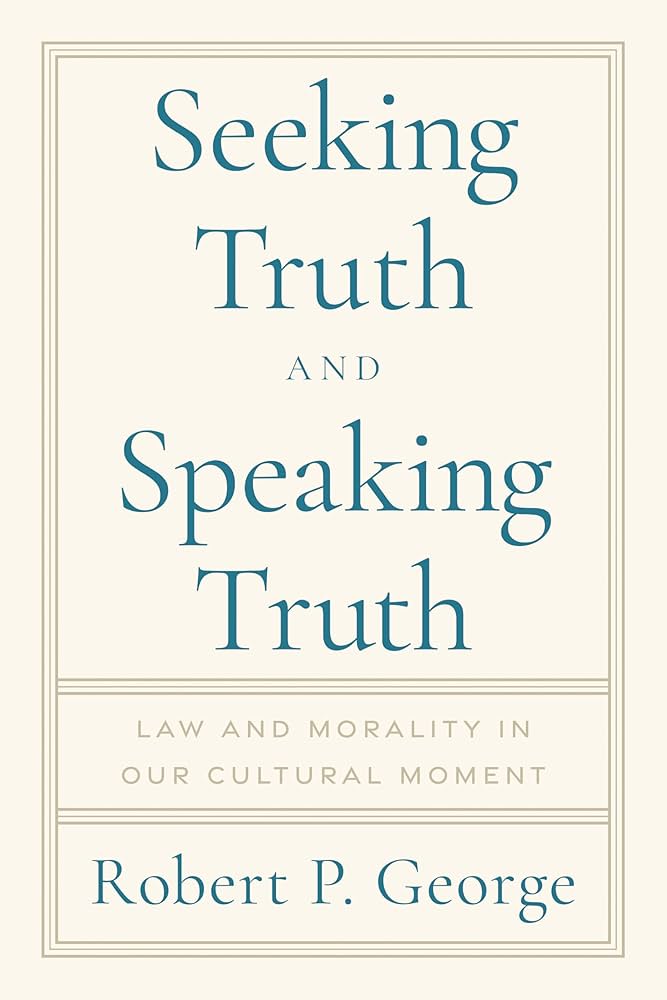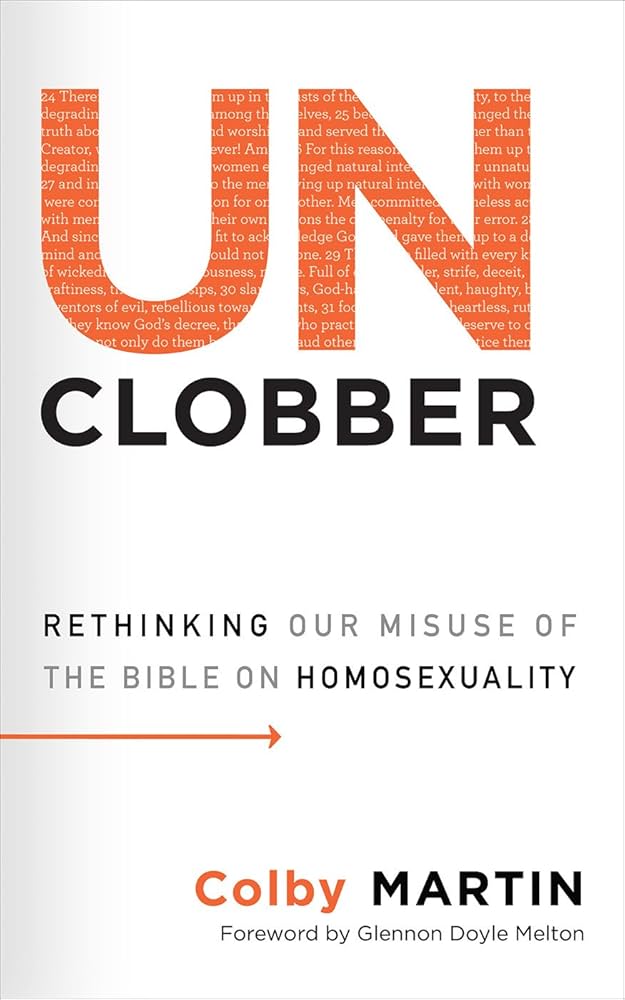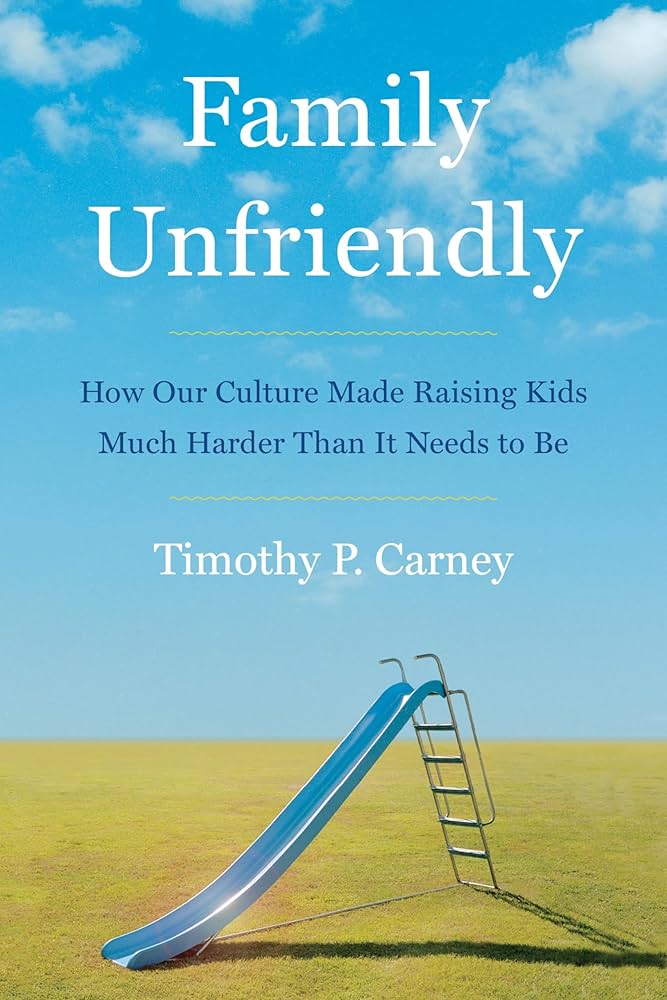
Summary
Lynn Cohick’s chapter replaces I. Howard Marshall’s in the previous edition of Discovering Biblical Equality, and the editors have chosen well. Cohick has not only done careful work on cultural backgrounds throughout her career, but she has recently written commentaries on both Colossians and Ephesians. For those reasons and more, it is a pleasure to interact with her work here.
The chapter begins with a brief look at the social setting of Paul’s two letters before turning to the so-called household codes in Colossians and Ephesians. The latter gets the bulk of attention, which is not surprising given that it is more detailed and has occupied center stage in modern debates. Using Nympha (Col 4:15) as a window into the complexities of social status, Cohick argues for a Paul who presents the gospel within the cultural constraints of his day in a way that challenges those same constraints.
Paul is said to challenge his culture’s expectations for gendered virtues in such a way that discipleship “does not come in pink and blue options” (190). What we have instead is a more androgynous ethic. Even in marriage, Paul’s commands to husband and wife speak “not at all of roles for women and men, even less about headship or leadership” (203). While love and submission are countercultural in how Paul applies them to marriage, they are virtues expected of any Christian toward any other (202). There is, thus, an ethical interchangeability within marriage in what Cohick calls the “principle of reciprocity” (197). Such a conclusion obviously conflicts with a complementarian view of marriage. But before looking at why I take a different view, I want to highlight important areas of agreement.
Agreement
My agreement starts in the first paragraph, where Cohick affirms the need to hold together the twin truths that the Bible is God’s Word to us and that it was written to people at different times and places. Applying the Bible today requires that we consider where our cultures may differ in relevant ways. In these general terms, all evangelicals should agree. In the same vein, it is encouraging to see that Cohick does not appeal to a trajectory hermeneutic as Marshall did in the previous edition.
Second, I agree that the household codes in Colossians and Ephesians are not add-ons to Paul’s thought or cultural holdovers that domesticate the gospel. Though I disagree on just how much they challenge Paul’s own culture, I completely agree that they are “meant to demonstrate the power of Christ’s work at the basic level of everyday life” (193). This view contrasts with that of someone like Paul Jewett who sees features in the household codes that reflect “the historical limitations of [Paul’s] Christian insight.”[1]
Third, it is refreshing to hear an acclaimed egalitarian note that submission per se is not a “negative posture in the ancient world” and that it is our culture that devalues it in favor of “individualism and independence” (197). How different would the debate about Paul and gender be if we lived in a culture where submission was highly valued?
Disagreement
Despite these agreements, I find myself in disagreement with Cohick’s conclusion for reasons that are textual, lexical, and ethical. I list them here in order of importance.
Textual
One of the central issues of debate is how to relate Ephesians 5:21 and Ephesians 5:22–24, and this depends in large part on whether there is a main verb in v. 22. Like many, Cohick follows the UBS/NA text, which lacks a main verb (lit. “wives, to your own husbands as to the Lord…”). This shows that Paul “links his discussion of household with the house church” and this, in turn, implies that Paul expected mutual submission in both contexts (196). In this view, Paul never even commands wives to submit since there is no imperative verb.
But there is every reason to think Paul did write an imperative as found in all but two of our 500+ Greek copies of Ephesians and found today in the Tyndale House Greek New Testament. The two manuscripts that support the lack of a verb (P46 and B/03) simply omitted the verb by accident when the scribe’s eye skipped across similar endings (ἀνδράσιν ὑποτασσέσθωσαν κτλ).[2] As a result, the reading with this third-person plural imperative is better attested, explains both the other readings, and fits with Paul’s style better.[3]
The implication is that we should not try to read the mutual submission of Ephesians 5:21 into 5:22–33. Rather, Paul’s household instructions start with 5:22, and this new unit of thought is needed precisely because the mutual submission of 5:21 does not apply to Christian marriage in the same way it does in the church generally.[4] This also explains why Paul is clear to instruct wives to submit to their own husbands. The marital relationship, like parent-child and slave-master, is unique and requires specific instructions.
Lexical
The second point of disagreement is the vexed debate about the meaning of κεφαλή. Cohick argues that we have almost no evidence for the word meaning “leader” in Greek and that “source,” “honored part,” or “prominent” is more likely. She also highlights Paul’s surprising use of the head-body metaphor in which the head (Jesus) dies to protect the body (the church). Usually, the body sacrifices itself to preserve the head.
The first thing to say in response is that, as a complementarian, I appreciate her focus on the surprising use of the metaphor. Complementarians have always argued for the idea of the husband being like Christ in providing for and protecting his wife in sacrificial ways. Where I disagree with Cohick is in her denial of any sense of leadership in the metaphor. This is for several reasons.
First, while there is not a great deal of evidence for κεφαλή used for leadership, there is even less for it meaning “source.” Cohick says nineteenth and twentieth century lexicons support her claim (200), but this is true only by neglecting the standard New Testament lexicon (BDAG), the most recent Septuagint lexicon (Muraoka), and the recently translated Brill Dictionary of Ancient Greek. All these offer “leader” or the like, and they do so on the basis of such clear cases in the Septuagint as Judges 10:18; 11:8, 9, 11; 2 Samuel 22:44; Psalm 18:44; Isaiah 7:8–9 (4×).[5] The more recent Cambridge Greek Lexicon does not have this gloss for the simple reason that it does not cover the Septuagint or Paul.
When it comes to the meaning “source” we find three examples in Liddell, Scott, Jones’s Greek-English Lexicon (LSJ, s.v. κεφαλή, def II.d). One of these is dubious as it refers to the mouth of a river, not its source, and one of the others is in the plural, not the singular.[6] Significantly, we never find κεφαλή used to mean “source” in the Septuagint but rather ἀρχή (Gen 2:10) or πηγή (Lev 20:18; Baruch 3:12; Dan 5:5). The citations of Cyril of Alexandria and Chrysostom offered as support are also not especially helpful since both are discussing 1 Corinthians 11, not Ephesians or Colossians. More pertinent is Chrysostom’s sermon on Ephesians 5:22–24 where he says of Paul’s use of “head” that it “places the one in subjection, and the other in authority, that there may be peace; for where there is equal authority there can never be peace; neither where a house is a democracy, nor where all are rulers; but the ruling power must of necessity be one.”[7]
Of course, lexicons and patristic sermons do not determine a word’s meaning. Context does. And the best reason to believe that κεφαλή in Paul’s metaphor includes provision, protection, and authority is the context. As Gregory Dawes writes, “Now, whatever other senses the word κεφαλή may have had, the context in which it is used in Eph. 5:22–24 demands that the meaning ‘authority over’ be adopted. For in vv. 22–24 the word is used (as we have seen) to reinforce the case for the ‘subordination’ of wives. It can only fulfill this function if it carries with it some sense of authority.”[8]
Ethical
The two previous objections lead to what is the fundamental division between egalitarian and complementarian readings. It is one that Cohick puts her finger on when she asks whether we “can find the principle of reciprocity within marriage as we do within the life of the church” (197). If I have read her correctly, her answer is something like yes, we can, though Paul had to say it in such a way that it could puncture his patriarchal culture.
But, if the two previous points are correct, then this cannot be the case. The head and the body form a beautiful unity, and they do so by retaining their distinctives. Body parts are not interchangeable physically or metaphorically (cf. 1 Cor 12:19–20). After all, the reciprocal submission called for in the church in general in Ephesians 5:21 is not predicated on church members being each other’s heads. But that is precisely the reason (ὅτι) given in Ephesians 5:23 for the submission of the wife to the husband. Likewise, while church members certainly love one another, they are not called, as church members, to love each other as a head should love its own body.
Thus, in Ephesians 5:22–33, Paul’s ethic is not reciprocal but rather is based on the asymmetry essential to marriage. This is an asymmetry that, while it certainly includes biology, goes beyond it to reflect the relationship of Christ and the church. As important as love and submission are when shown member-to-member, they do not serve this unique function. The very reason for Paul to address wives and husbands directly, especially in Ephesians, is because marriage is unique. When two Christians get married, they not only have a new arena within which to exercise their shared Christian virtues, they also have a new form of those virtues to exercise that fits the unique shape of their covenantal bond.
As our society clamors for an equality between the sexes that requires sameness or interchangeability, Paul’s picture of marriage is a more beautiful one that calls for a unity of difference. That beauty is still ours to claim and live out.
Peter Gurry is Associate Professor and Codirector of the Text & Canon Institute at Phoenix Seminary and the author of Scribes and Scripture: The Amazing Story of How We Got the Bible (with John Meade).
[1] Paul K. Jewett, Man as Male and Female (Grand Rapids: Eerdmans, 1975), 138.
[2] P46 is known for omitting text and even makes this same one in 1 Cor. 8:12 (συνείδησιν ἀσθενοῦσαν).
[3] For the full argument, see Peter J. Gurry, “The Text of Eph 5.22 and the Start of the Ephesian Household Code,” New Testament Studies 67 (2021): 560–81.
[4] Aside from the textual problem, scholars rarely discuss the function of Paul’s asyndeton in Eph 5:22. For an overview of options, see Stephen H. Levinsohn, Discourse Features of New Testament Greek: A Coursebook on the Information Structure of New Testament Greek, 118–20. In footnote 14, Levinsohn says a vocative (which we have in 5:22) is a common way to spot the start of a new unit of thought.
[5] BDAG, 542, s.v. κεφαλή, def. 2a; T. Muraoka, A Greek-English Lexicon of the Septuagint (Louvain, Peeters, 2009), 396, s.v. κεφαλή, def. 4a; Franco Montanari, The Brill Dictionary of Ancient Greek, ed. for English by Madeleine Goh and Chad Schroeder (Leiden: Brill, 2015), 1120, s.v. κεφαλή, def. C. What many seem to miss in citing LSJ is that its entry for κεφαλή includes only a single citation from the LXX and none from the NT. Its lack of “leader” or the like is hardly surprising. Other uses of κεφαλή for “leader” can be found in the evidence from Aquila’s revision of the Old Greek (see Deut. 5:23; 29:9).
[6] See the trenchant remarks on all three of LSJ’s examples in John Chadwick, Lexicographica Graece: Contributions to the Lexicography of Ancient Greek (Oxford: Clarendon, 1996), 181, 183.
[7] Chrysostom, Homilies on Ephesians 20 (NPNF1, 13:147).
[8] Gregory W. Dawes, The Body in Question: Metaphor and Meaning in the Interpretation of Ephesians 5:21–33 (Leiden: Brill, 1998), 134. We might also note that Michelle Lee-Barnewall, who Cohick cites for support, also includes authority and leadership as part of the metaphor. See Michelle Lee-Barnewall, “Turning Κεφαλη on Its Head: The Rhetoric of Reversal in Ephesians 5:21–33” in Christian Origins and Greco-Roman Culture: Social and Literary Contexts for the New Testament, ed. Stanley E. Porter and Andrew W. Pitts, TENTS 9 (Leiden: Brill, 2012), 613.
Share This Article


